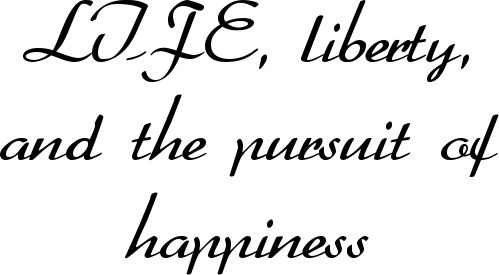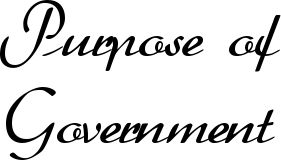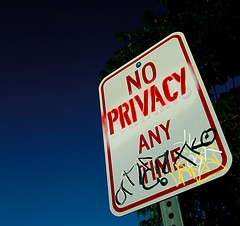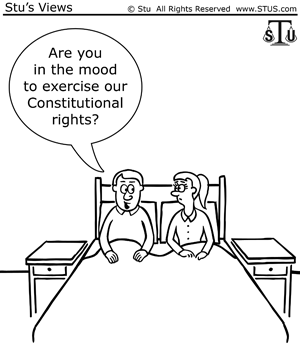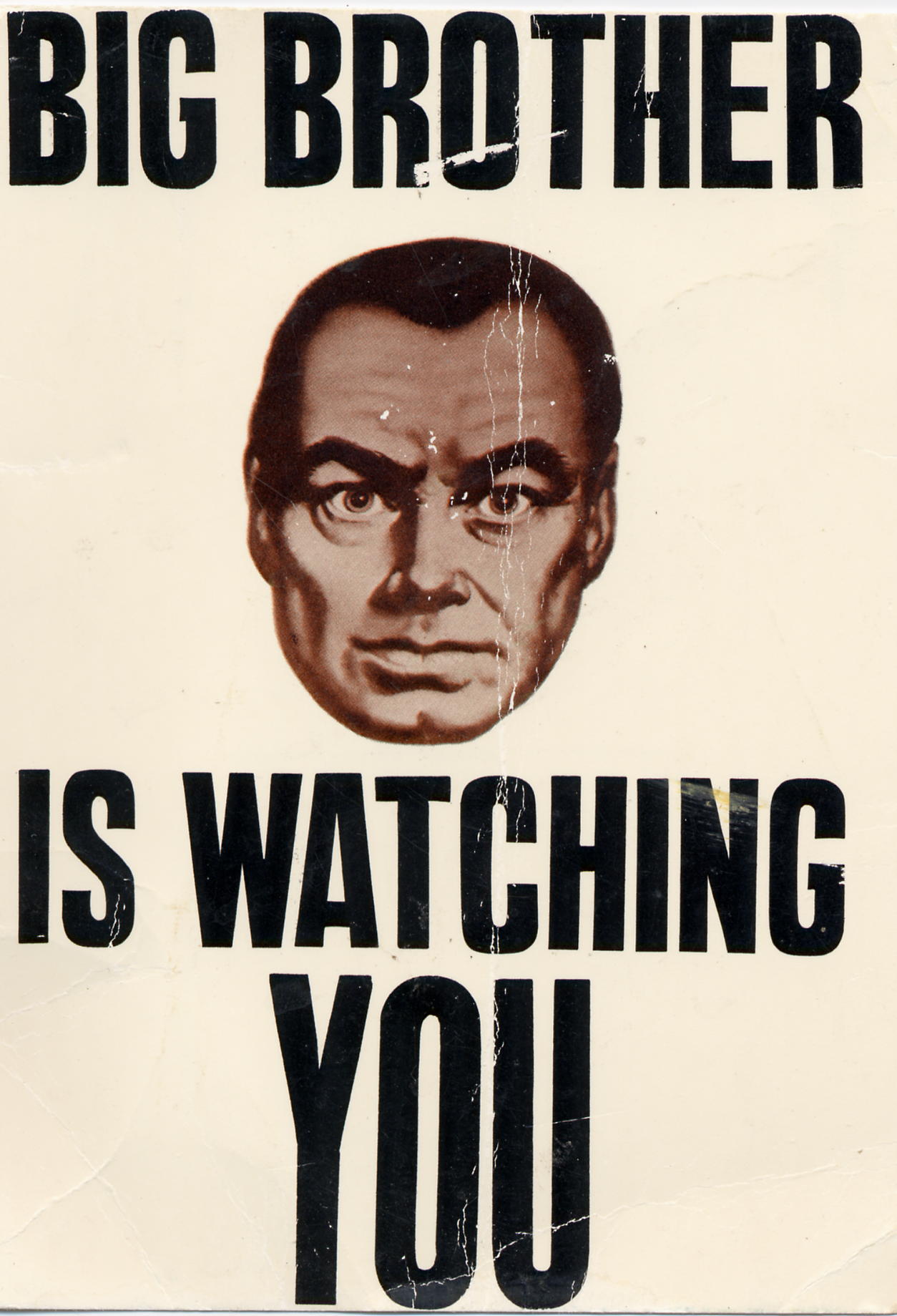| -------------------------------------------------------------------------------------------------------------------------------------------------------------------------------------------------- | |||
 |
|
 |
|
| There is no explicit mention of the right to privacy in the United States Constitution. Nor is there a broad “right to privacy” amendment in the Bill of Rights. But, there are several clauses within other amendments that protect every American citizen’s right to privacy. These privacy clauses are as follows: privacy of the home against demands that it be used to house soldiers, privacy of the person and possessions as against unreasonable searches, and that enumeration of certain rights shall not be construed to deny or disparage other rights retained by the people. The last one was interpreted by Justice Goldberg in Griswold v Connecticut to mean that the Bill of Rights broadly protects human rights that are not specified in the Bill of Rights. This inclusion in the Ninth Amendment seems to contradict the Patriot Act passed by George W. Bush. The purpose of it was to prevent the need for hundreds of Amendments. Basic human rights are assumed to be protected under the law. The problem is that the law does not prioritize them. Doctorow puts this right seemingly above all else. In Little Brother, Marcus creates the Xnet to excersize this right to privacy. The government's attempt to take it down represents the current government's attempt to condemn the privacy of its citizens. Doctorow makes it seem like a bad thing that the government monitors what its citizens do. It only acts if there is suspicious or illicit activity involving terrorism. That seems like a good thing.
|
Image borrowed from bateslabelservice.com |
Image borrowed from stus.com |
Image borrowed from markevanstech.com |
| -------------------------------------------------------------------------------------------------------------------------------------------------------------------------------------------------- | ||||
